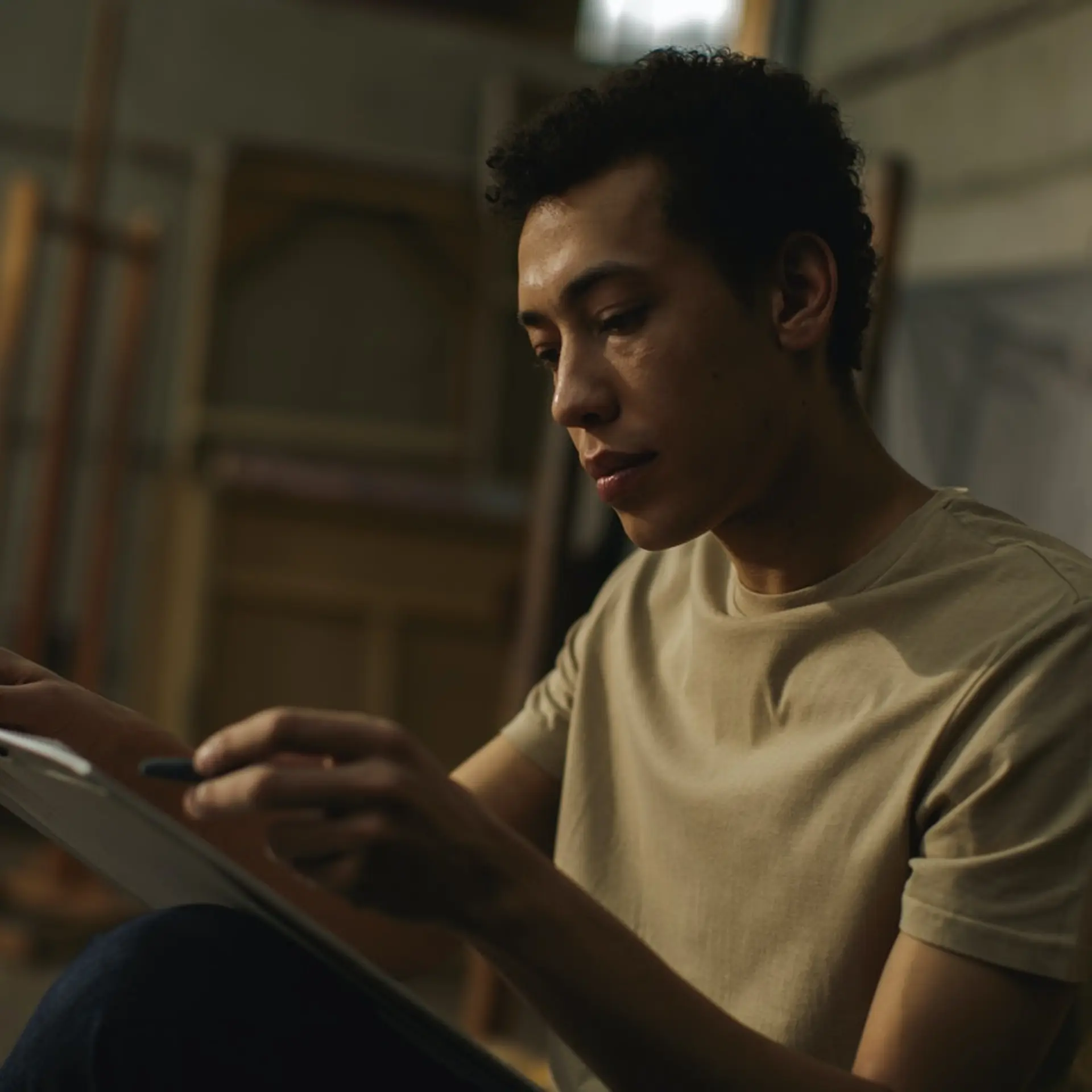

Students aren’t taught enough at school to crack competitive exams
IIT is a dream institution for almost all students who have an aptitude for engineering or technology and related sciences in India. Millions of students burn the midnight oil for prolonged periods and often staying away from home to ace the examination.
However, beginning from 2018, the Joint Entrance Examination (JEE) underwent a structural revamp and was managed as a computer-based test (CBT).
The students appearing for the JEE Mains, conducted by the Central Board of Secondary Education (CBSE), had the option to either take up the exam online or in a ‘pen-paper’ mode. Candidates clearing the JEE Mains now have to appear for the JEE Advanced which is solely in the online mode. Candidates appearing for the JEE Advanced will be trained to use the CBT system through mock tests on the dedicated website launched to serve this purpose.
The decision was taken last year by the Joint Admission Board (JAB) after a meeting at the IIT-Madras. When done in the dual mode, the test was hit with printing and translation errors.
Over the years, errors in printing and translation made life difficult for the JAB. Last year, the JAB was compelled to award 18 bonus marks to the candidates taking the JEE Advanced due to these errors.
Another major factor that influenced the introduction of the online mode of examination was to ensure that logistics and evaluation were easy and fail-proof. This not only saves the printing and logistics costs, but it will also ensure that papers are evaluated properly and no error is made in the process. Moreover, with the introduction of the online platform, the time consumed in the process of evaluation will be reduced significantly.
Most importantly, the decision would play a pivotal role in eliminating the chances of paper-leaks that have been dogging the Indian education sector in recent times.

AN UNFAMILIAR TERRITORY FOR THE STUDENTS
JEE can be a nerve-wracking experience for students aspiring to secure a seat in the IITs and any change made are destined to trigger panic among students.
While most city-dwelling students might be comfortable with this new format, their rural counterparts might struggle in comparison.

However, to ensure a fair competition, JAB has ensured that the complexities are kept to the minimum. With technological advancements reaching the grassroots, the reach should not be a problem. Nor should familiarity, with technology reaching wider horizons and smartphones becoming more affordable than ever before has helped the cause in a big way.
With nearly a billion smartphone users and over 200 million of them connected to the internet, time is ripe to acquaint students and the education sector in general with the benefits of the internet.
A SECOND CHANCE AT VICTORY
IIT to millions is an experience worth having. It is a home to young minds on a quest for knowledge and it is the JEE that decides thousands of futures of this country every year.
With such high stakes, it is natural that some mistakes are made in the examination.
Previously, in the pen (pencil)-paper mode, the students were made to mark their answers in a ‘block’ in an Optical Mark Reading (OMR) Sheet.
Fortunately, online tests allow candidates the option to change their answers with the click of the mouse.
TECHNICAL GLITCHES IRONED OUT
One of the most talked-about topics that came out with this development was the technical glitches and their effects on the exam process.
Fortunately, all these circumstances were taken into account by the JAB. Students have an assurance that in case of any technical glitch, the computer will stop functioning and so will the watch on the computer screen. The candidates will be awarded extra time depending on the amount of time lost as shown by the clock on the computer.
THE ROAD AHEAD
In a first, May 20 will witness over 224,000 candidates across the country appearing for the JEE Advance which acts as a gateway to the 11,032 seats in the 23 IITs on the online platform.
Change is the only constant, and while there is a section of the society which is sceptical about the change, the students should embrace the technological developments rather than considering themselves the unfortunate victims of a sudden new development.
Over the years technology has been a boon to the education sector in many ways and the online platform would definitely pave the way to leveraging technology and help millions achieve their dream.







